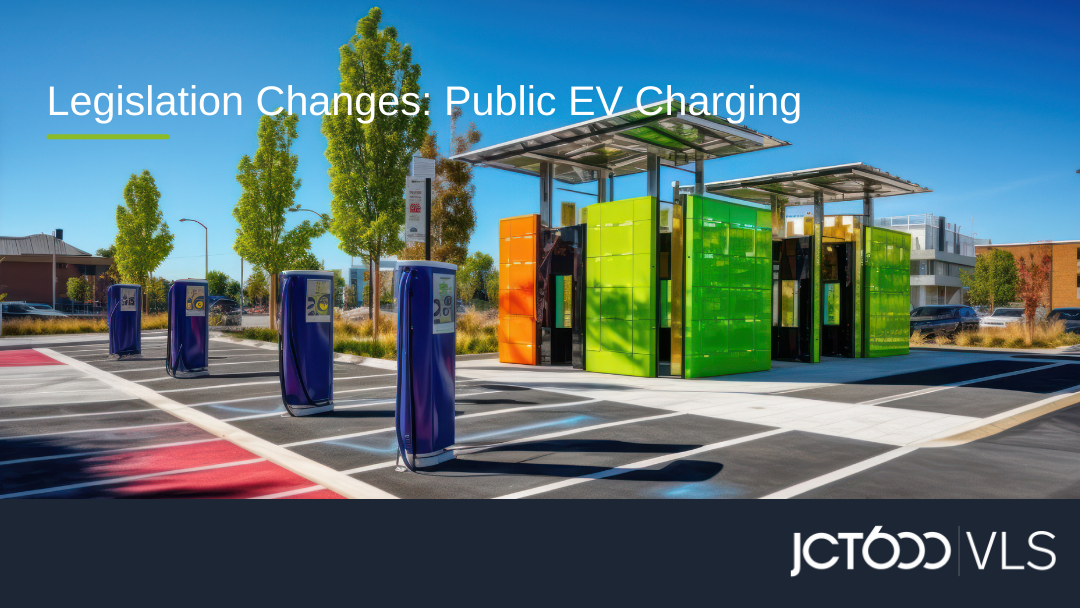With the recent changes around EV charging in the Public Charge Point Regulations 2023, we take a look at the key areas in the new legislation; what’s new, how does it help and is it enough?
Payment
Charge points must now ensure pricing transparency to enable informed decision-making around using a specific charge point. The total price for charging must be obviously displayed in pence per kilowatt-hour (p/kwh), on the charge point or on a separate device such as an app. This change allows EV drivers to understand the pricing before initiating a charging session.
Not all current charge points allow for contactless card payments but with the new legislation, new charge points above 8kw and existing rapid charge points above 50kw are required to offer contactless to consumers. This change allows more flexibility and accessibility to all EV charge points.
Currently, not all charge points have been compatible with different payment providers. The new legislation aims to change this by promoting payment roaming services provided by third-party roaming providers, adding to the accessibility of public charge points. If you prefer to have all charging sessions billed through one or two providers, then this change should simplify billing for drivers and financial administration functions.
Charging reliability
EV drivers need confidence that EV charge points are reliable and with the new legislation, charge point operators must maintain a 99% reliability rate during each calendar year. Information on the reliability of their charge points must be published on the charge point operator’s website for EV drivers to access.
24/7 Helpline
To maintain the reliability mandate of charge points, charge point operators must offer a telephone helpline to assist EV drivers when using their charge points. The helpline will be free, and the number advertised on the charging point will allow for easy access. This provides a direct solution for any problems EV drivers are experiencing at the charge point but also enforces accountability for poor customer service.
Open Data
Charge point operators are required to make publicly available the data for all their charge points, removing the barrier to access charge point data. The data available consists of the location, facilities, parking restrictions, connector types and pricing. Enforcing this new legislation encourages confidence in charger availability, and accurate information surrounding chargers nearby and on journeys.
What are the benefits of the new legislation?
Alongside range anxiety, one of the main obstacles in the adoption of EVs has been about charging facilities, a journey might have been planned “to a tee” but if the charge point isn’t operational when you need it, that EV could be left in a tricky spot. The changes in legislation are a positive move towards minimising this risk and providing confidence in the EV charge point infrastructure, with a mandate of 99% reliability of public charge points and a 24/7 helpline to enhance the public charge point experience.
Users of public EV charge points don’t have to worry about limited payment options with contactless and payment roaming services providing access with ease to a larger variety of charge points all over the UK.
All in all, the new legislation is a positive and significant step towards improving the EV public charging experience. Including contactless payments to transparent pricing, the new legislation includes the EV driver allowing them to decide before initiating a charging session. A 99% reliability standard of charging points provides EV drivers with more confidence in the stability of charge points, and greater convenience which will be a good step forward in the UK’s move to EVs. Let’s hope this is further evidence of a commitment to consistent improvement in terms of the EV infrastructure and that it will continue to develop to allow EV uptake to spread.

